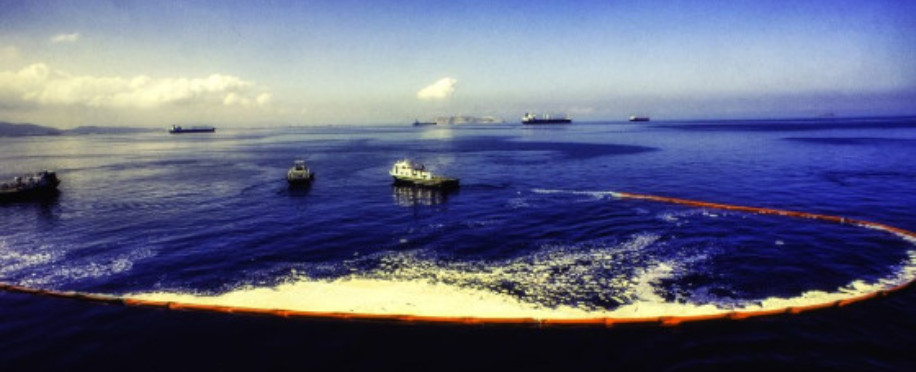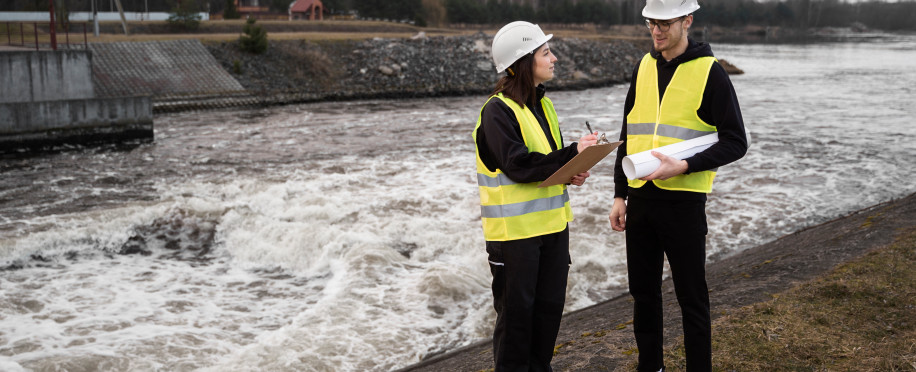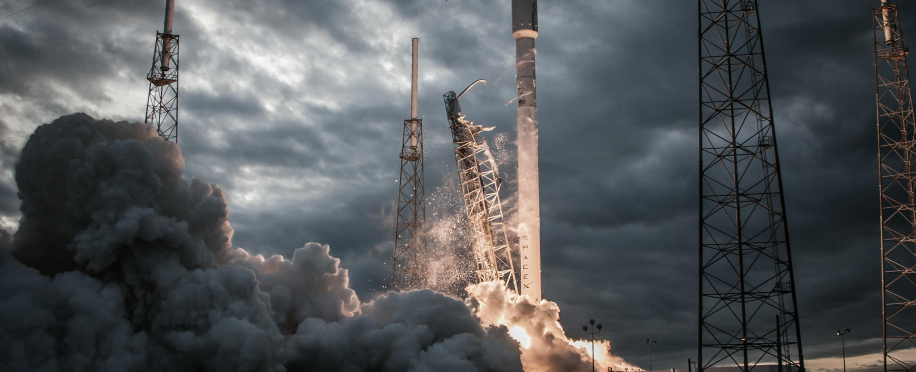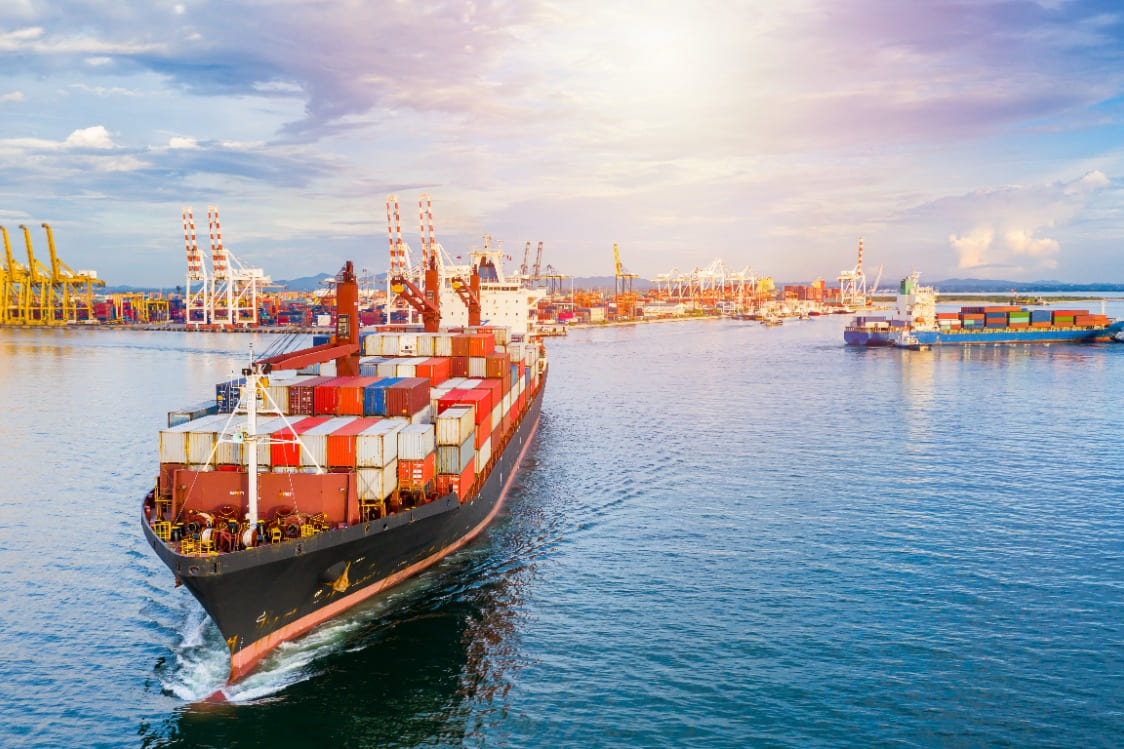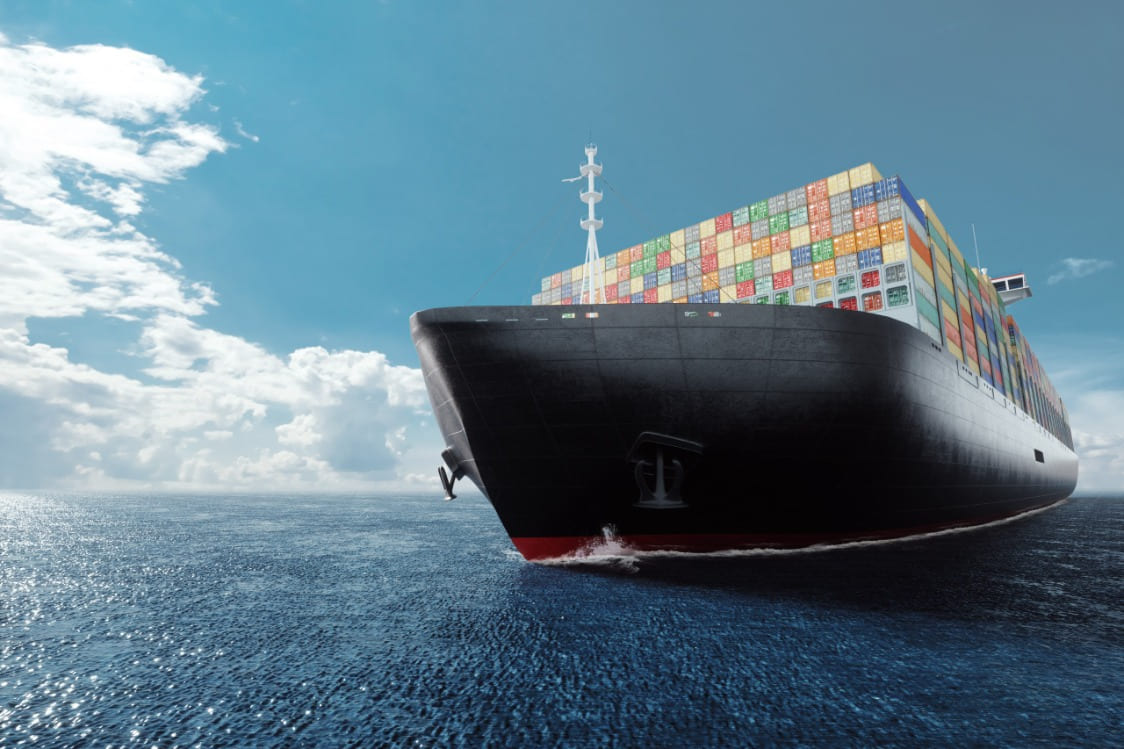Oil Tankers 101: Types, Operations, and Safety Measures
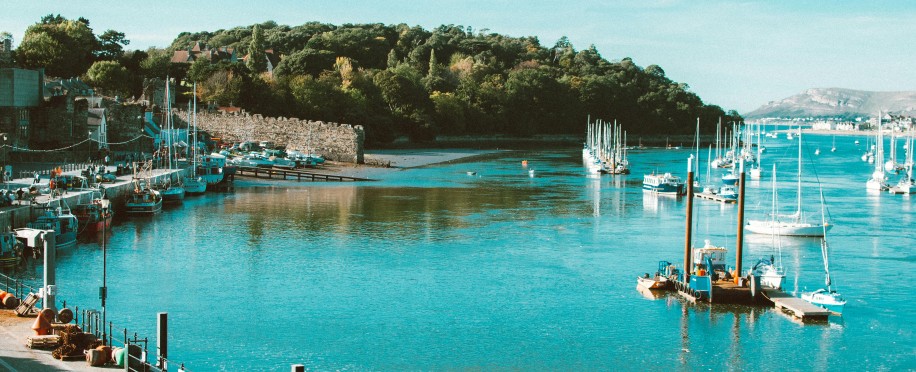
Posted on Feb 04, 2025 at 09:02 PM
Transporting and carrying products are some of the most important aspects of the maritime industry, especially crude oil and petroleum transportation.
Thus, the oil tanker is a very important vessel type due to its great advantages and direct impact to the oil and gas industry, especially, since oil tanker offers an efficient and safe way to transport oil and petroleum from one port to another.
So, in this article, we are going to share with you a comprehensive guide about oil tankers, oil tanker types, essential belongs and operations, and required safety measures from any UK ship on the sea.
What Is an Oil Tanker?
An oil tanker is a specially designed boat to transport bulk quantities of oil and petroleum products across seas and oceans to facilitate crude and refined oil transportation between ports.
Moreover, when talking about oil tanker shipbuilding then we are talking about considered a large ship type, that varies in size from small and short coastal vessels to massive Ultra Large Crude Carries (ULCCs) with more than 400 meters in length and tonnes of capacity.
Although there are serious impacts of oil spills from the oil tanker fleet into the sea, yet, this oil tanker fleet holds greater benefits to the global energy supply by enabling efficient movements between production points and sale markets.
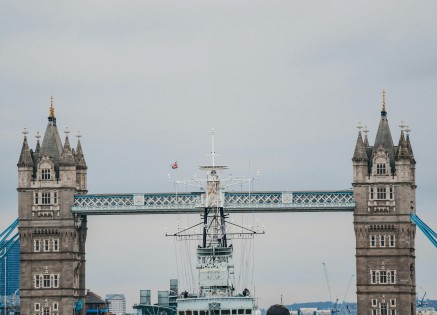
What Is the Largest Oil Tanker in The World?
We are going to answer this question in two sections, as the largest engineered and constructed oil tanker is the famous Seawise Giant in Japan but it is no longer an operating ship on the sea and left like a stranded whale on the coast.
However, the largest functioning ship nowadays on sea as an oil tanker is the named TI–Class supertanker with tons of deadweight and liquid storage capacity.
The Main Operations on Crude Oil Tankers:
On the crude oil tankers fleet there are many maritime operations, just like regular ships, however, regarding bulk oil and petroleum products, we have other special operations, including:
Loading Oil into Tanker:
Oil is pumped and loaded into designed cargo tanks through pipelines that follow strict safety measures, and ensures even crude oil distribution to maintain stability.
Storing Crude Oil on Tanker:
When you attend professional oil spill crisis management courses you will learn the best practices to prevent leaks from barrels and tankers and lower contamination in flagged oil tankers and sea based on the latest systems, techniques, and strategies.
Discharging Oil from Tanker:
After reaching the ship destination, the oil will be transferred to shore facilities through pipelines with advanced pumps that manage flow rates and pressure.
Popular Types of Oil Tankers:
An oil tanker could be categorised based on size or transported cargo type, which is the most popular categorising:
Crude Tanker (Transporting Crude Oil):
These crude tankers are the largest oil tanker types and are designed to secure and carry unrefined oil from extraction sites to refineries in massive volumes.
Product Tanker (Transporting Petroleum Products):
Although these tankers are smaller than crude tankers, but it is considered an advantage as it enables these tankers and carriers to deliver refined cargoes to all ports, including gasoline, diesel, jet fuel and lubricants.
Essential Safety Measures in an Oil Tanker:
To avoid sanctions, an oil tanker must work based on the IMO and SOLAS regulations and authorities, there are many measures to follow that ensure the oil tanker’s crew and product safety:
Fire Safety Provisions:
On oil tankers fire detection systems and emergency shutdown procedures are mandatory to handle flammable and liquefied cargo risks while sailing, these onboard systems include foam, CO2, and water spray systems.
Equipment Duplication:
For sure this safety measure does not apply to all equipment, but just the oil-related critical ones, like pumps, engines, communications, and navigation systems to ensure operational safety even in shortage reported time.
Mandatory Towing Arrangements:
In case of engine failure or heavy distress, an oil tanker must be poised with full emergency towing systems that allow it to be towed with quick assistance operation by tugboats and offshore force.
Closed Accommodation Spaces:
Crew working spaces and living areas must be fully isolated with a professional ventilation system to protect them from any heavily toxic exposure and avoid a human or environmental disaster.
High Pressure Alarm Implementation:
All oil tankers, despite their size or type, must have advanced and well-maintained high-pressure alarms to monitor and alert the working crew from potential overpressure danger to reduce the risk of spills or explosions of chemicals.
Finally,
Oil tankers have a great role in the global economic and international maritime industry. Thus, learning all about oil tank fleet requirements, efforts, and measures is vital.
However, make sure to choose the best maritime training academy UK with international credentials and accredited certifications to learn about these carrier features.
